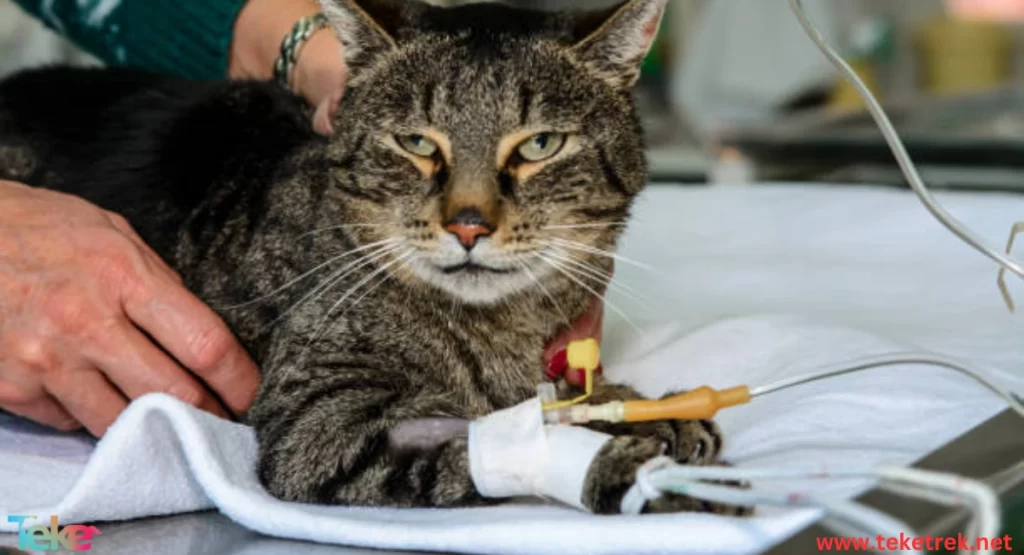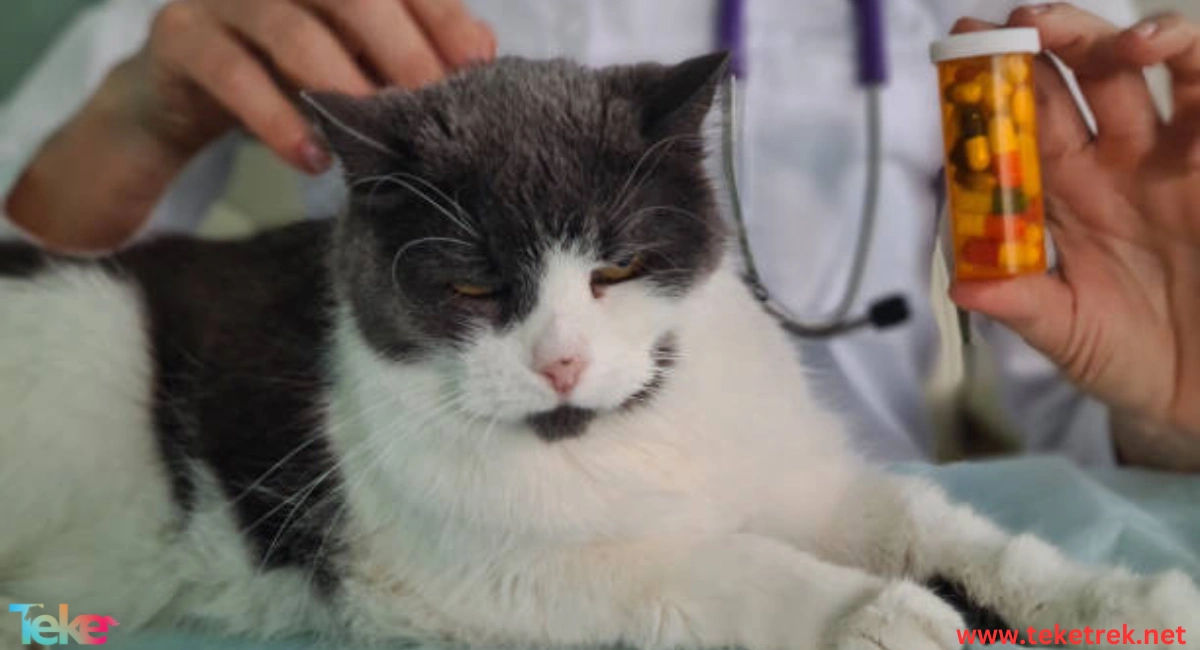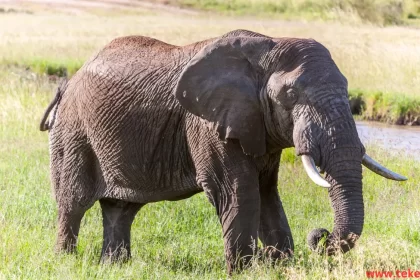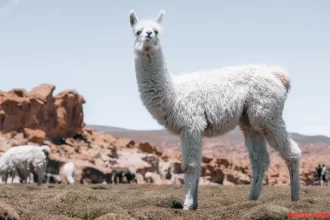As cats age, they experience various aging-related diseases that can significantly affect their quality of life, requiring special attention from pet owners. Factors such as biological changes and a weakened immune system contribute to the development of chronic illnesses, including arthritis, heart problems, and kidney failure. Early detection of these conditions and providing appropriate care are crucial for prolonging a cat’s life and maintaining its comfort. Therefore, caring for senior cats and treating aging-related diseases demand a deep understanding of their developmental stages and the specific needs of each life phase.
Let’s learn more about it from teketrek.
How to Care for Senior Cats
To ensure optimal care for senior cats, follow a set of practices that help maintain their health and comfort:
- Provide a balanced diet tailored to their needs, reducing foods that may cause obesity and focusing on options that support joint and immune health.
- Schedule regular veterinary visits for early detection of chronic diseases such as kidney and heart problems, making it easier to address health issues in their early stages.
- Create a calm and comfortable environment that allows easy mobility without strain, ensuring their resting area is warm and safe.
- Maintain dental and gum hygiene to prevent infections that could impact their overall health.
By following these steps, you can provide your senior cat with a healthy and comfortable life, enhancing its well-being and extending its lifespan.

Signs of Aging in Cats
Aging in cats manifests through various physical and behavioral changes that signal the need for special care. Key signs include:
- Decreased activity and movement: Cats become less active and prefer resting over playing.
- Mobility issues: Stiff joints or difficulty jumping may indicate arthritis.
- Changes in appetite: Appetite may significantly decrease, or in some cases, increase due to underlying health problems.
- Decline in hearing and vision: Cats become less responsive to sounds, and their eyesight may deteriorate.
- Behavioral changes: Signs of confusion or stress, and sometimes, cats may become clingier or more withdrawn.
- Dental and gum issues: Increased likelihood of gum disease or tooth decay, which can affect their ability to eat.
These symptoms require attention and regular veterinary check-ups to maintain the health of aging cats and provide them with the best care possible.
https://teketrek.net/en/the-barbet-bird-fascinating-facts-about-it/
Common Diseases in Senior Cats
Senior cats are prone to several chronic illnesses due to natural aging processes. Common conditions include:
- Arthritis: Leads to mobility difficulties and stiff joints, reducing their activity levels and comfort.
- Chronic kidney disease: A common ailment in older cats, characterized by gradual kidney function decline, requiring a special diet and ongoing monitoring.
- Heart disease: Aging increases the risk of heart conditions, making regular check-ups essential for monitoring heart health.
- Dental and gum diseases: Conditions like gum infections and tooth decay can cause pain and difficulty eating.
- Diabetes: Older cats, particularly those with obesity, are at higher risk of diabetes, necessitating specialized care and a suitable diet.
- Digestive issues: Includes constipation and digestion problems, which become more common with age.
Senior cats need continuous medical care and regular check-ups to detect and treat these diseases early, ensuring their comfort and quality of life.
https://teketrek.net/en/brittle-star-one-of-the-strangest-marine-creatures/
What Should Senior Cats Eat?
Senior cats require a special diet that meets their health needs and enhances their comfort and energy levels. With age, their body’s requirements change, making it essential to choose appropriate food. Recommended options include:
- High-quality protein-rich foods: Helps maintain muscle mass, which tends to decline with age. Easily digestible proteins are preferable to avoid straining the digestive system.
- Low-calorie foods: Prevent weight gain, particularly with reduced activity levels, helping to avoid obesity and related issues.
- Foods with antioxidants: Support the immune system and reduce aging effects such as arthritis and kidney disease.
- Fiber-rich foods: Aid digestion and prevent constipation, a common issue in senior cats.
- Omega-3 supplements: Promote joint health and reduce inflammation, improving mobility and comfort.
- Moist or wet food: Ensures hydration and supports kidney function.
Consulting a veterinarian is recommended to select the most suitable diet based on the cat’s health condition and individual needs.

FAQs
Do cats eat less as they age?
Yes, older cats tend to eat less due to reduced activity, decreased appetite, or health issues such as dental problems.
What should I feed an elderly cat that refuses to eat?
Offer easily digestible, wet food with strong flavors to attract them. Slightly warming the food can also help stimulate their appetite.
Cats care requires an interest in their needs, from balanced nutrition to regular health checks. Providing a comfortable environment and adhering to medical advice contribute to maintaining the health of aging cats and ensuring they enjoy a longer and more comfortable life. By offering the necessary care, we can help our beloved cats enjoy their days in the best condition, strengthening the bond of love and loyalty we share with them.





